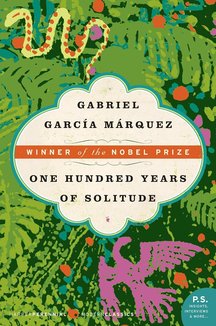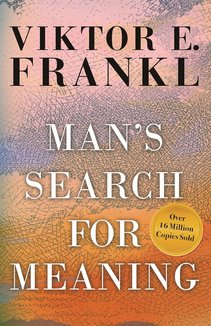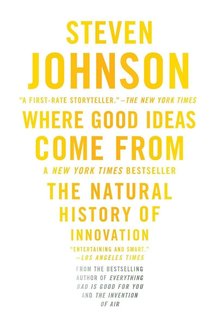Recommended Books

One Hundred Years of Solitude (Harper Perennial Modern Classics)
Authors:
Gabriel Garcia Marquez
,
Gregory Rabassa
ISBN 13:
None
" One Hundred Years of Solitude is the first piece of literature since the Book of Genesis that should be required reading for the entire human race. . . . Mr. Garcia Marquez has done nothing less than to create in the reader a sense of all that is profound, meaningful, and meaningless in life." —William Kennedy, New York Times Book Review One of the most influential literary works of our time, One Hundred Years of Solitude remains a dazzling and original achievement by the masterful Gabriel Garcia Marquez, winner of the Nobel Prize in Literature. One Hundred Years of Solitude tells the story of the rise and fall, birth and death of the mythical town of Macondo through the history of the Buendiá family. Inventive, amusing, magnetic, sad and alive with unforgettable men and women—brimming with truth, compassion, and a lyrical magic that strikes the soul—this novel is a masterpiece in the art of fiction.

Man's Search for Meaning
Authors:
Viktor E. Frankl
,
William J. Winslade
,
Harold S. Kushner
ISBN 13:
978-0807014271
A book for finding purpose and strength in times of great despair, the international best-seller is still just as relevant today as when it was first published. “This is a book I reread a lot . . . it gives me hope . . . it gives me a sense of strength.” —Anderson Cooper, Anderson Cooper 360/CNN This seminal book, which has been called “one of the outstanding contributions to psychological thought” by Carl Rogers and “one of the great books of our time” by Harold Kushner, has been translated into more than fifty languages and sold over sixteen million copies. “An enduring work of survival literature,” according to the New York Times , Viktor Frankl’s riveting account of his time in the Nazi concentration camps, and his insightful exploration of the human will to find meaning in spite of the worst adversity, has offered solace and guidance to generations of readers since it was first published in 1946. At the heart of Frankl’s theory of logotherapy (from the Greek word for “meaning”) is a conviction that the primary human drive is not pleasure, as Freud maintained, but rather the discovery and pursuit of what the individual finds meaningful. Today, as new generations face new challenges and an ever more complex and uncertain world, Frankl’s classic work continues to inspire us all to find significance in the very act of living, in spite of all obstacles. A must-read companion to this classic work, a new, never-before-published work by Frankl entitled Yes to Life: In Spite of Everything , is now available in English.

Where Good Ideas Come From: The Natural History of Innovation
Author:
Steven Johnson
ISBN 13:
978-1594485381
A fascinating deep dive on innovation from the New York Times bestselling author of How We Got To Now and Unexpected Life The printing press, the pencil, the flush toilet, the battery--these are all great ideas. But where do they come from? What kind of environment breeds them? What sparks the flash of brilliance? How do we generate the breakthrough technologies that push forward our lives, our society, our culture? Steven Johnson's answers are revelatory as he identifies the seven key patterns behind genuine innovation, and traces them across time and disciplines. From Darwin and Freud to the halls of Google and Apple, Johnson investigates the innovation hubs throughout modern time and pulls out the approaches and commonalities that seem to appear at moments of originality.